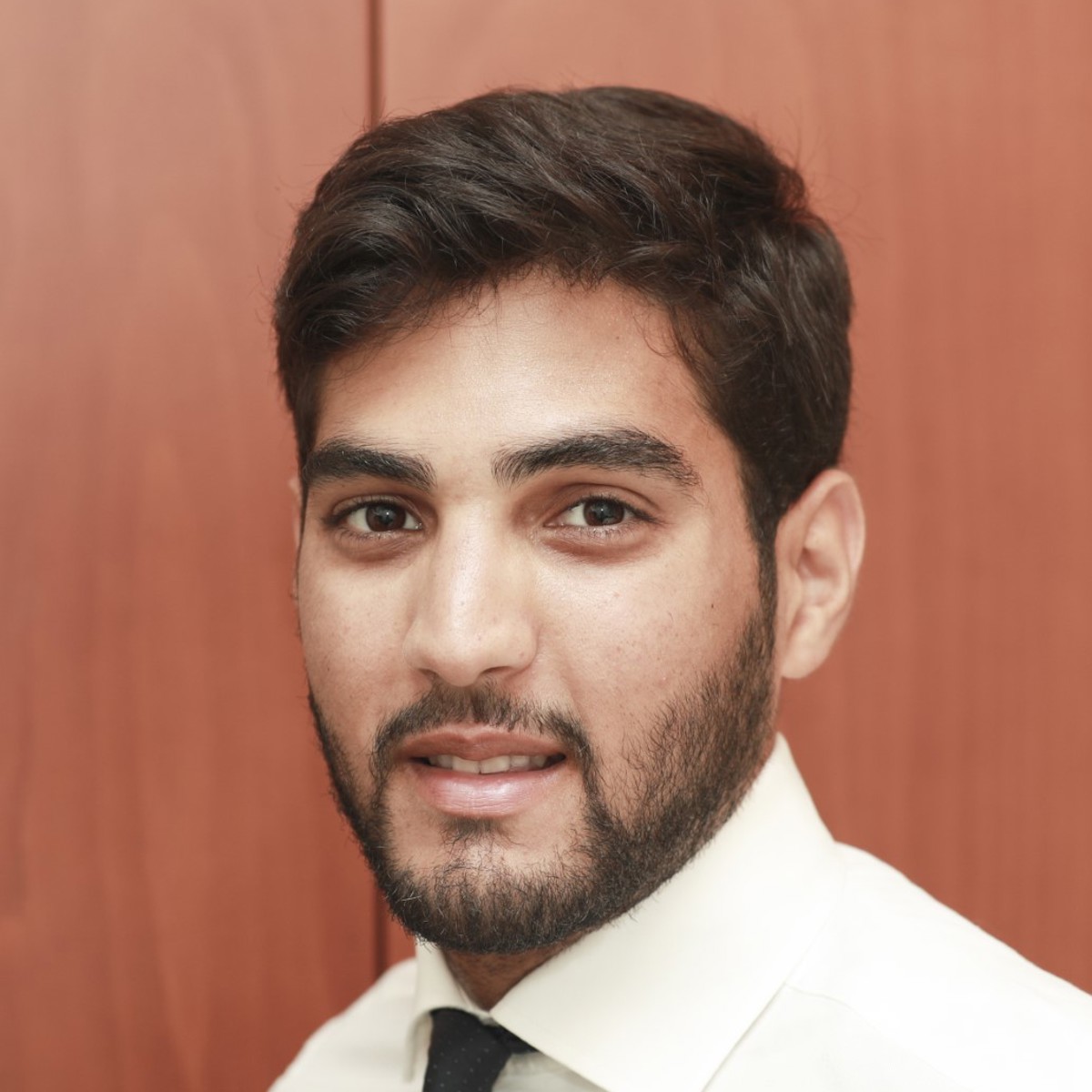Meet the Fellows
Commonwealth Futures Climate Research Cohort 2021
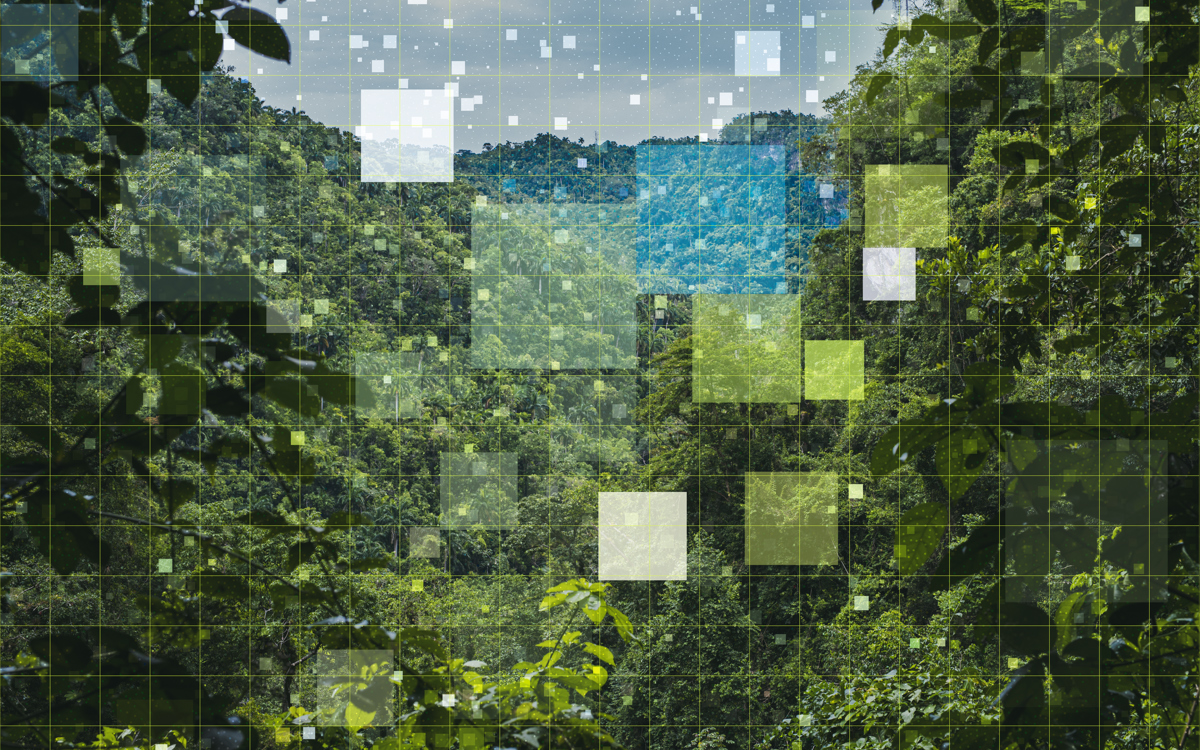
Meet the Fellows
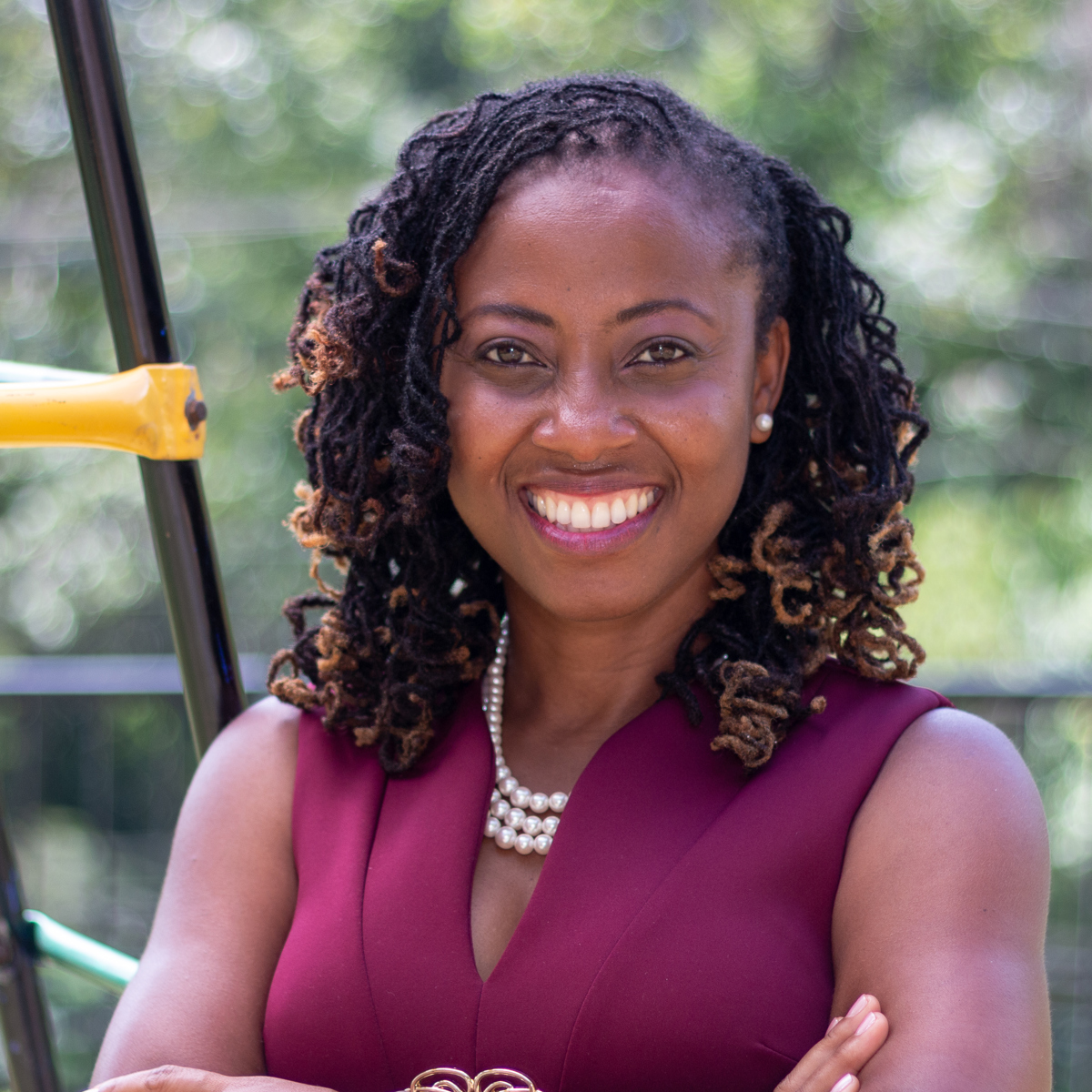
Andrea Clayton
Caribbean Maritime University, Jamaica.
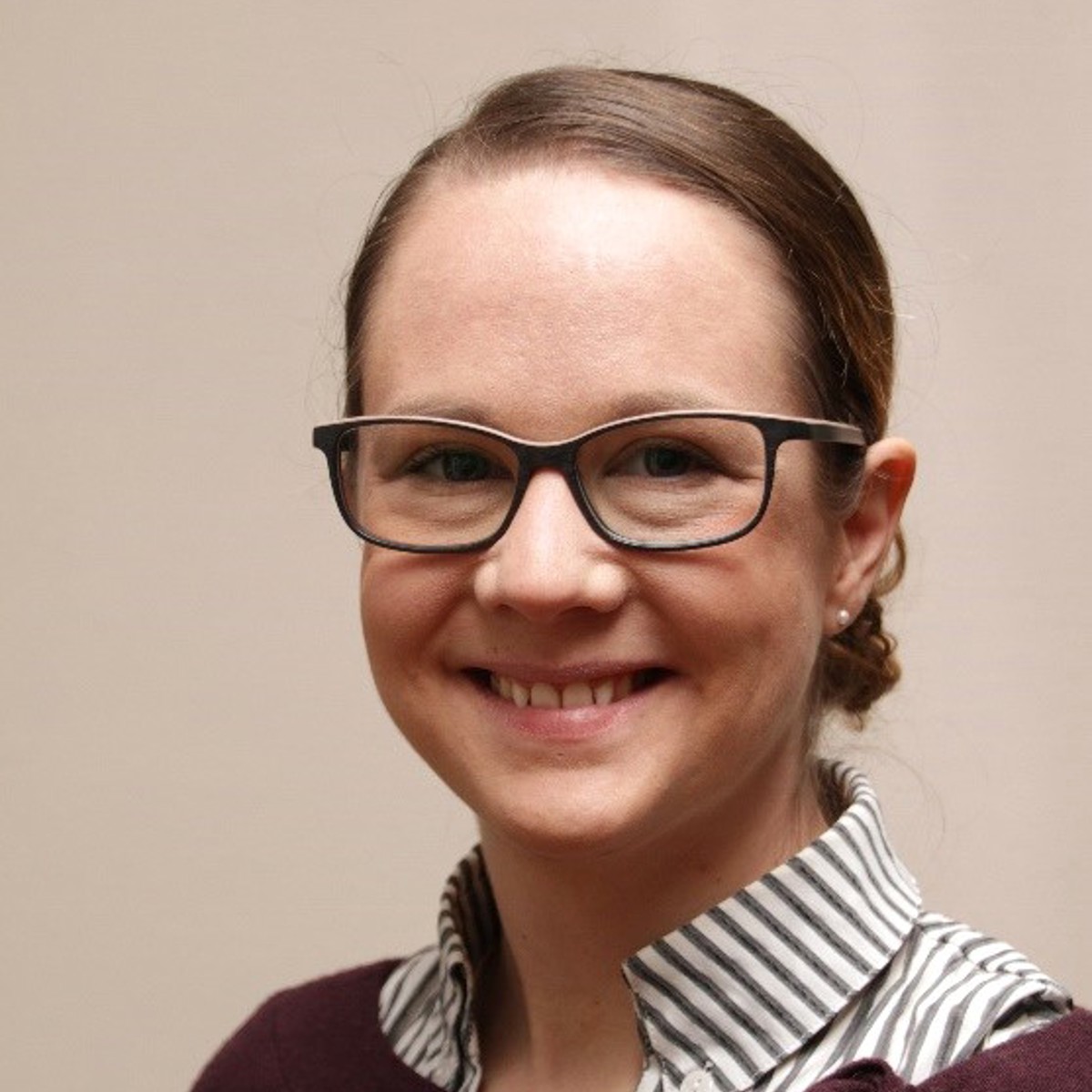
Astrid Alexandra Werkmeister
University of Strathclyde, UK
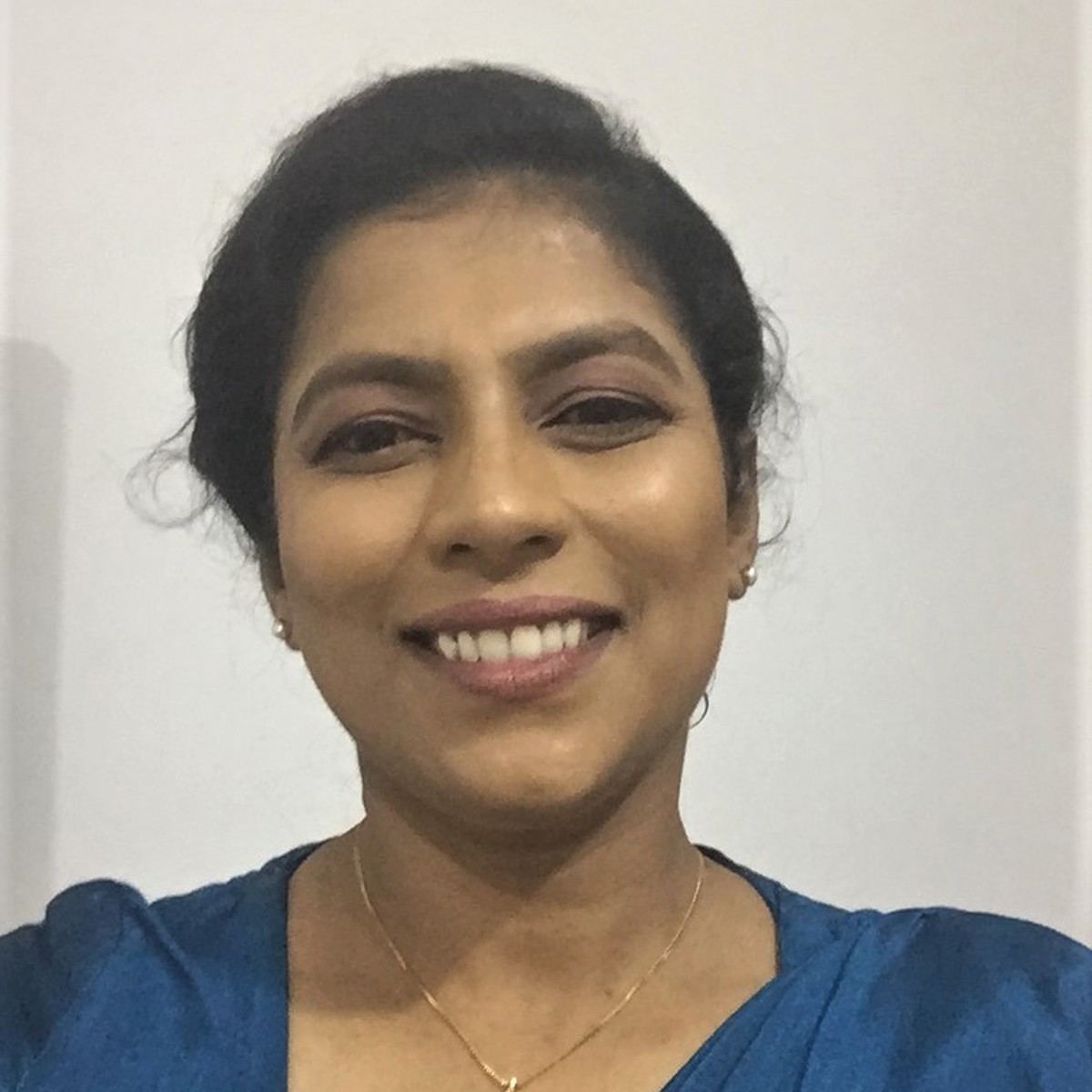
Chandima Kumudini Ariyarathna Hanchapola Appuhamilage
University of Peradeniya, Sri Lanka
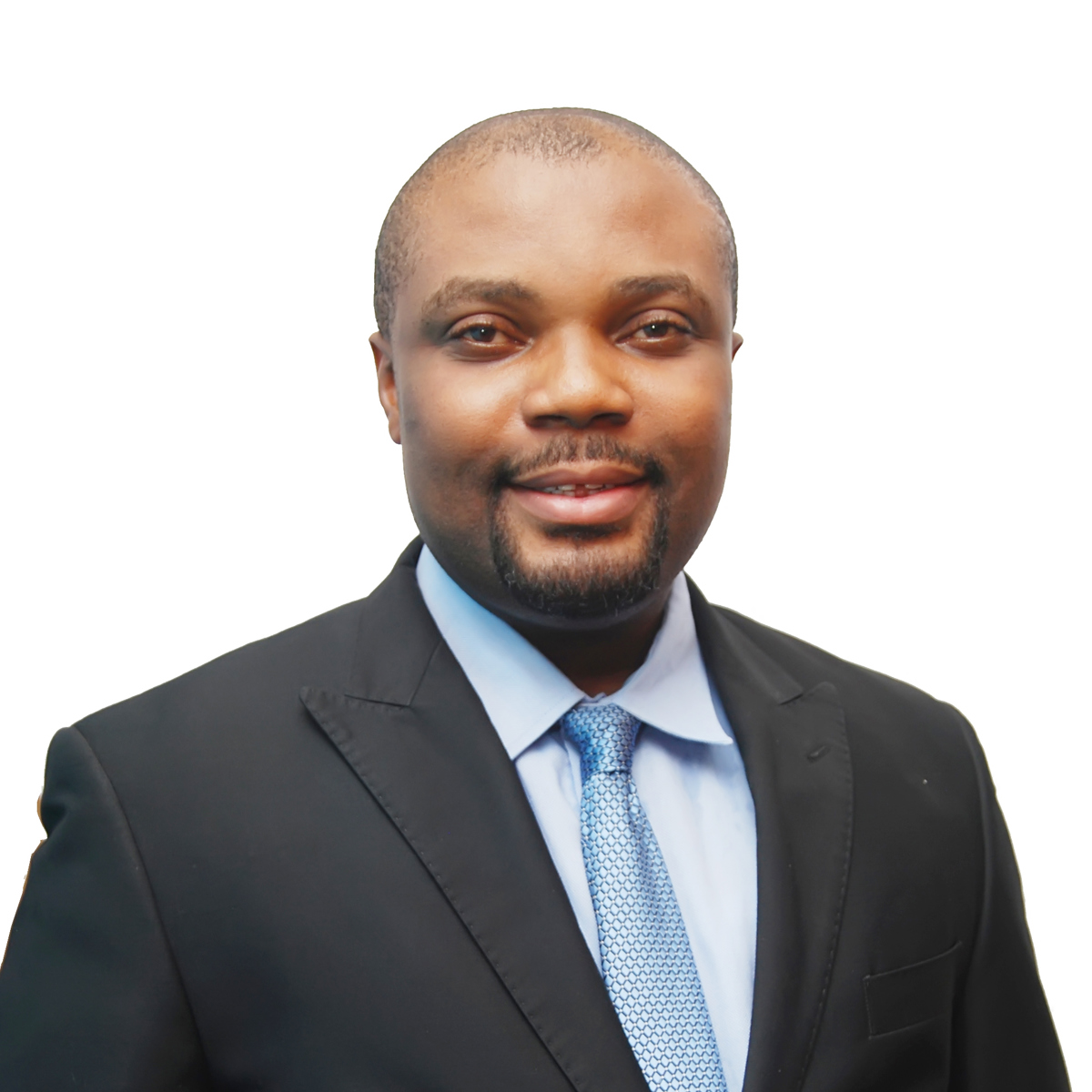
Chukwueloka Udechukwu Okeke
Covenant University, Nigeria
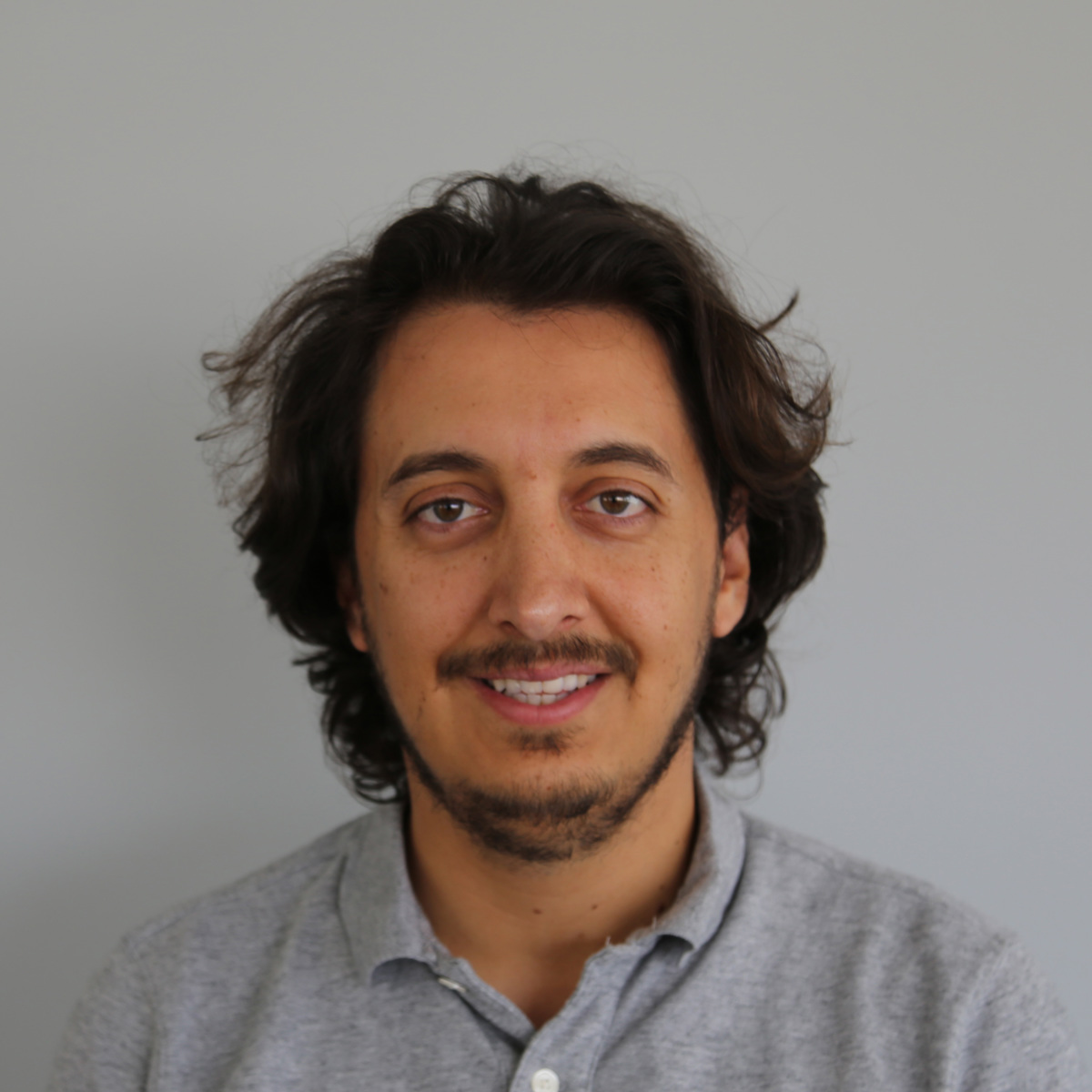
Constantinos Vassiliades
University of Cyprus
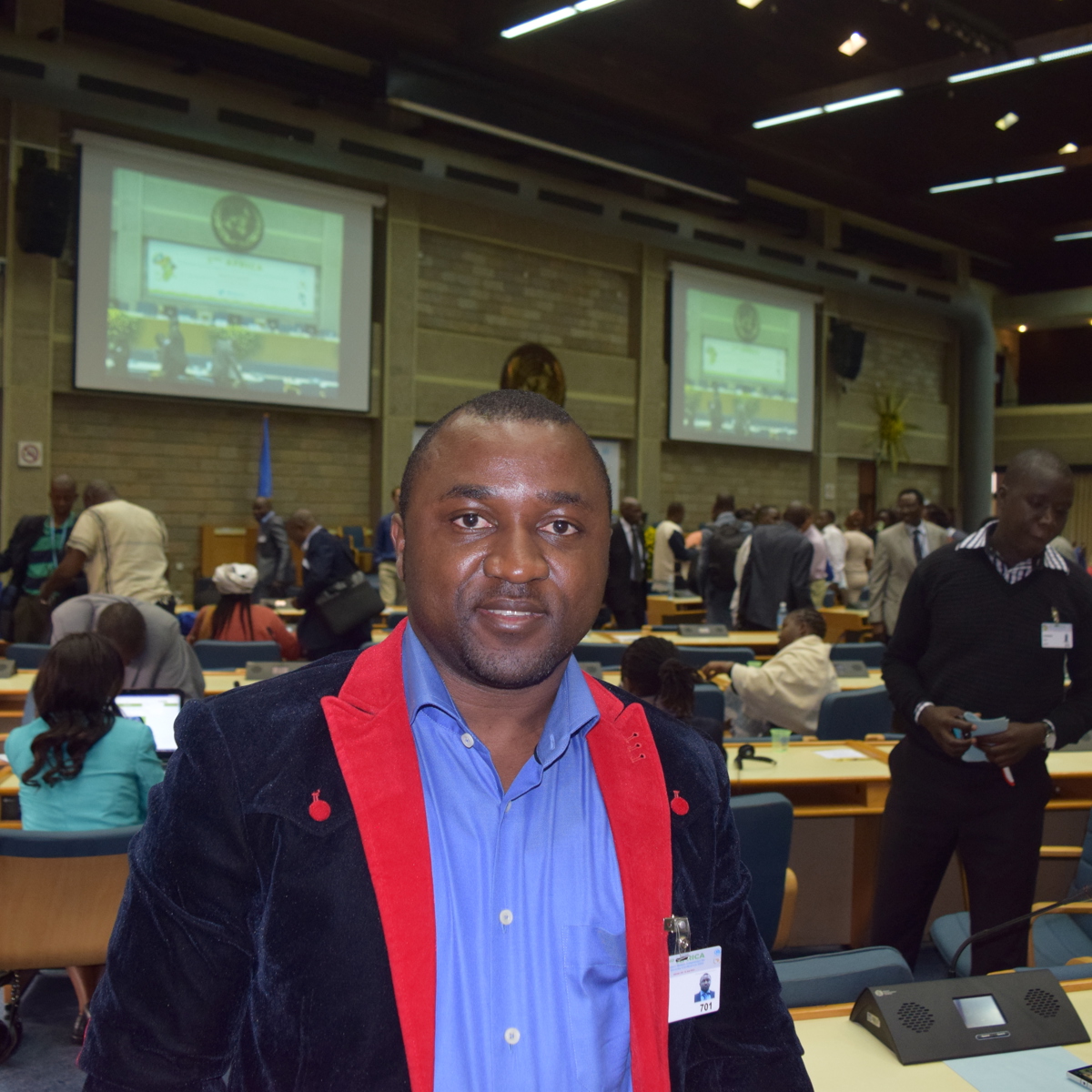
Daniel Etongo
University of Seychelles
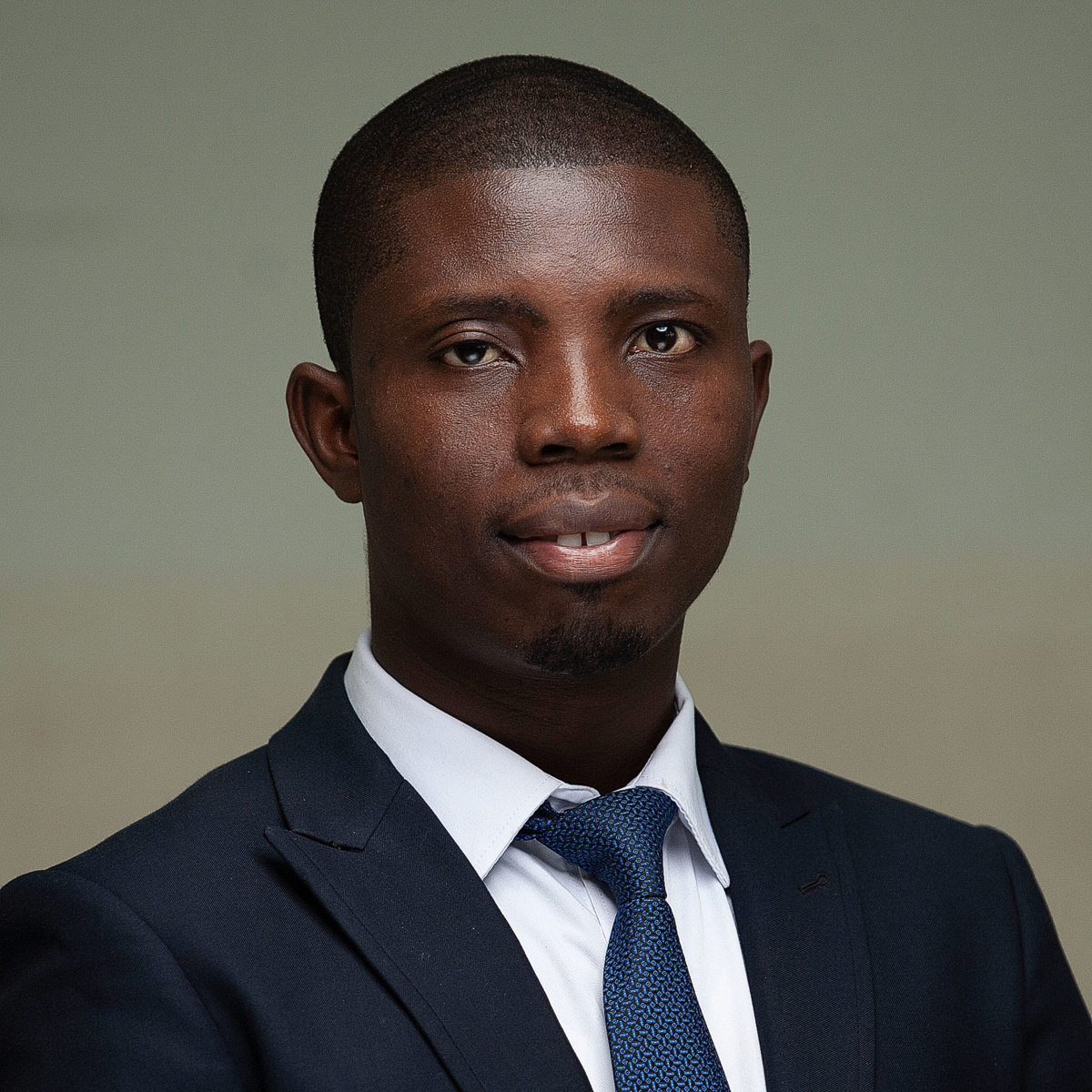
Eric Yiadom Boachie
University of Professional Studies, Accra, Ghana
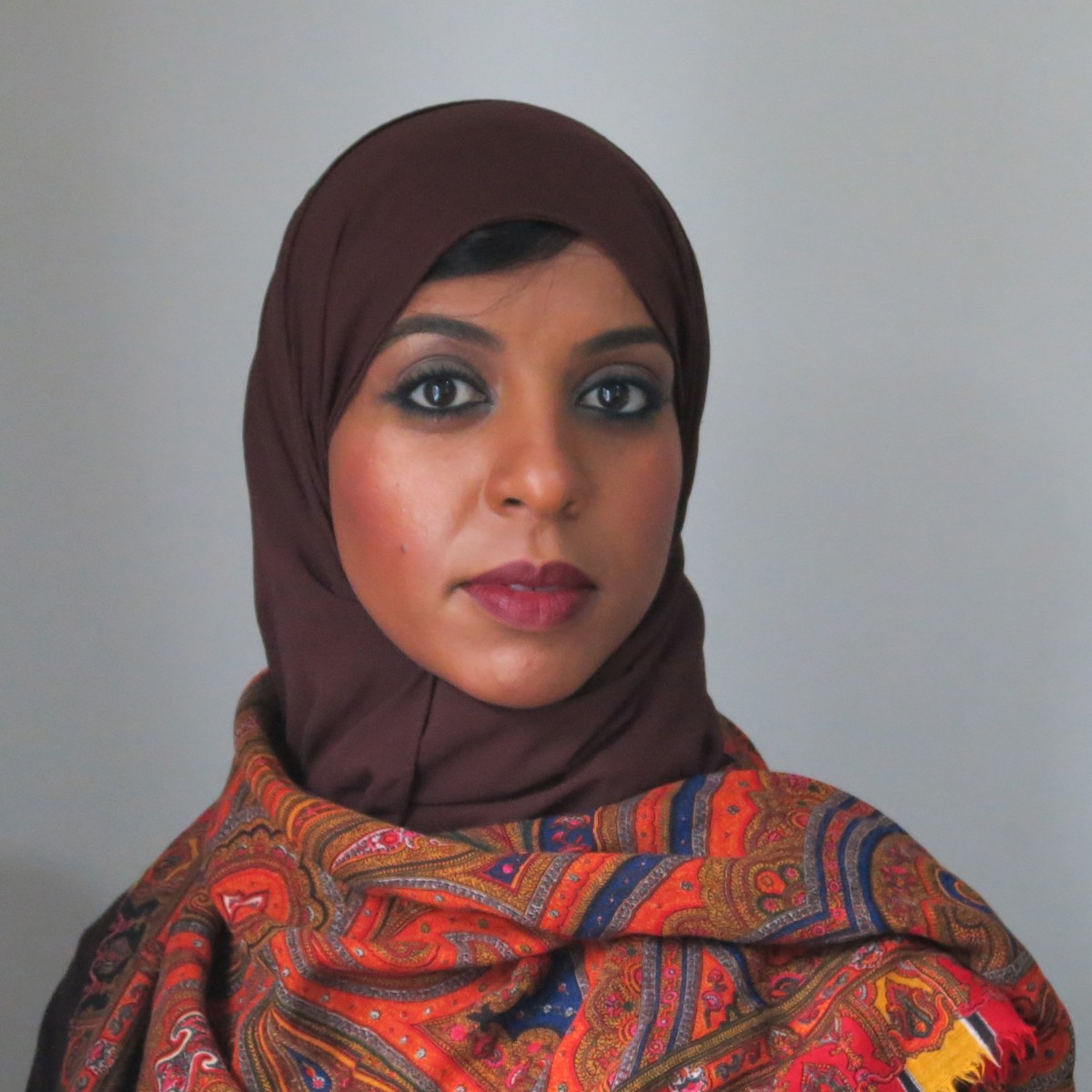
Fatma Abdelaal
University of Canterbury, New Zealand
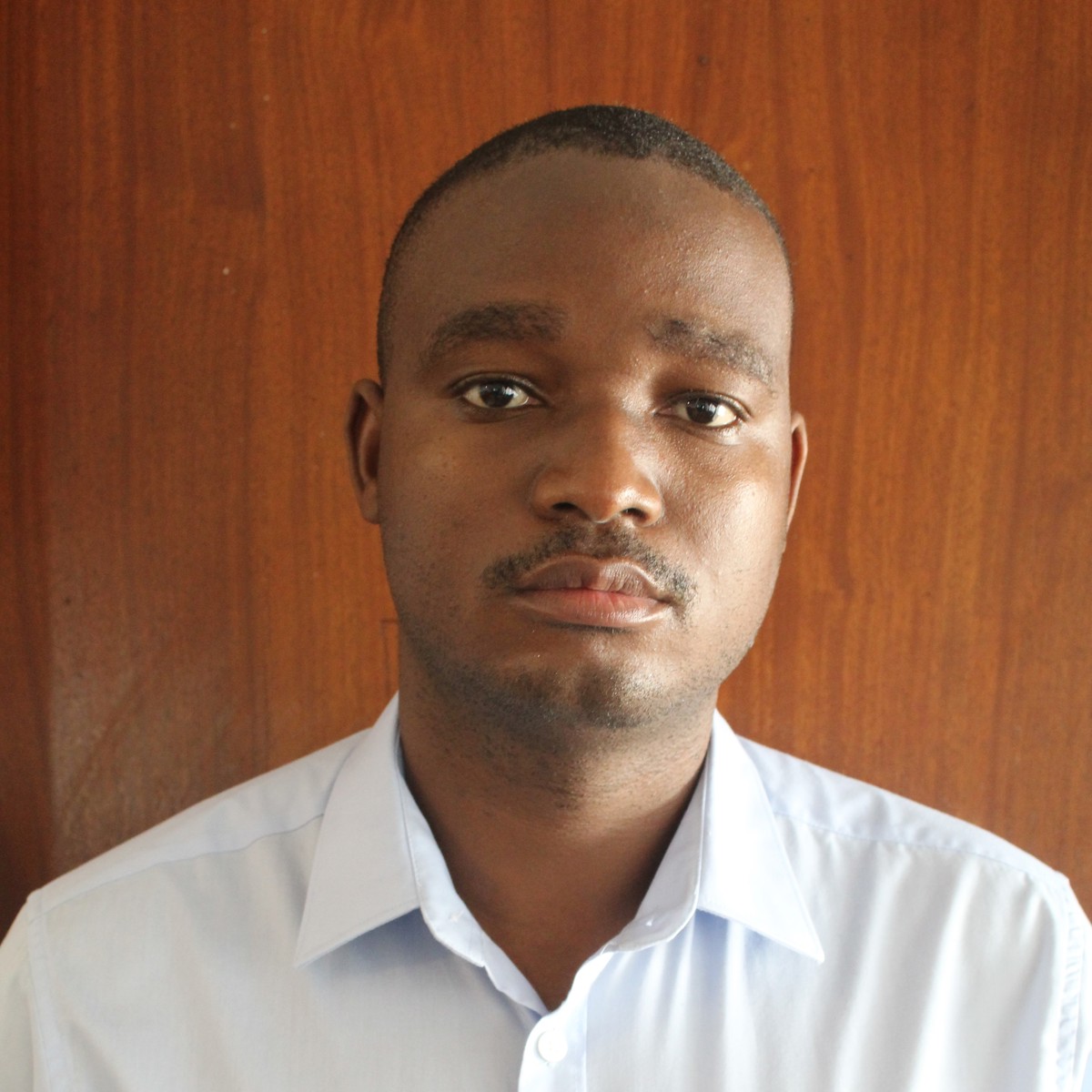
Henri Court-Evans
University of Eswatini

Iroja Caldera
University of Colombo, Sri Lanka
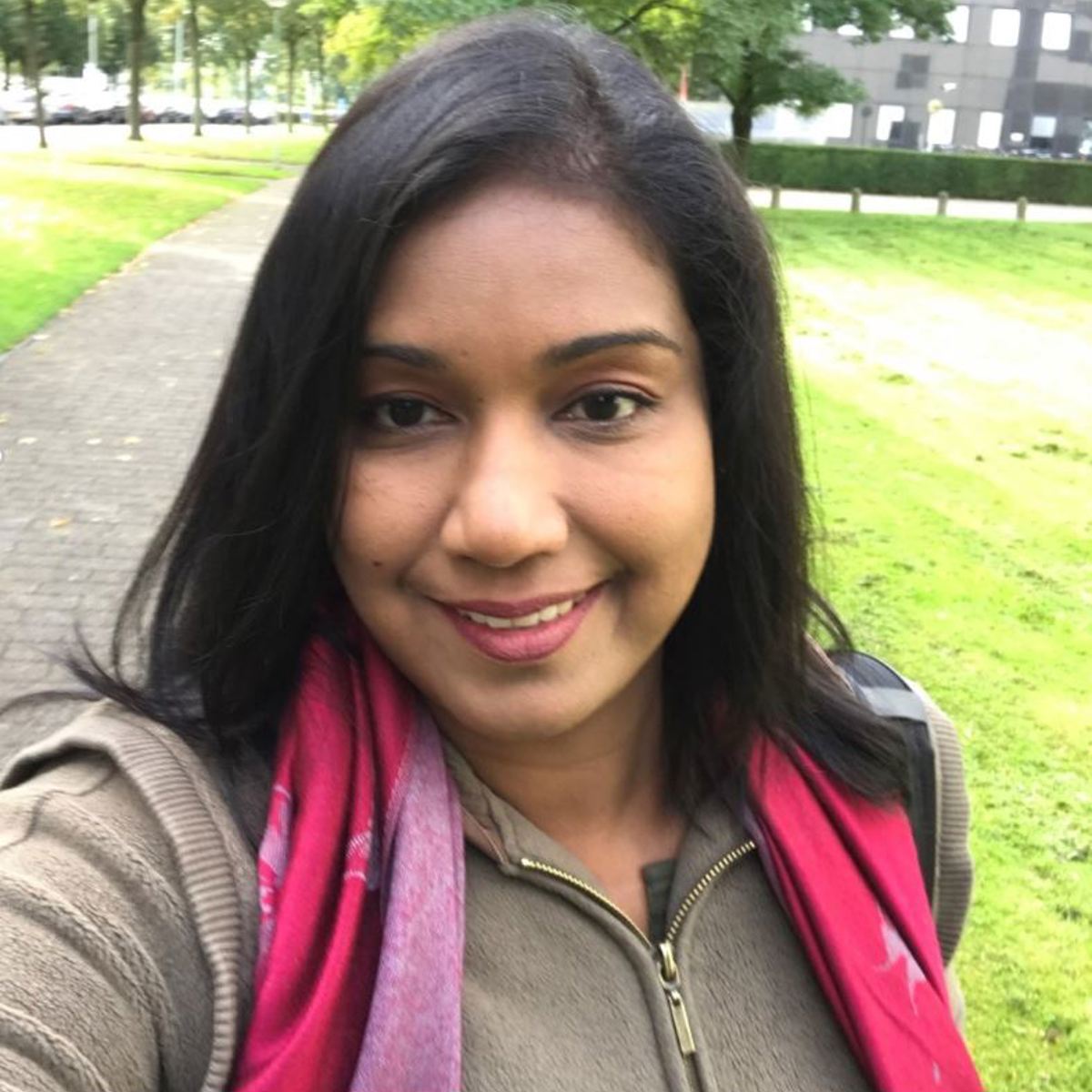
Kokila Konasinghe
University of Colombo, Sri Lanka
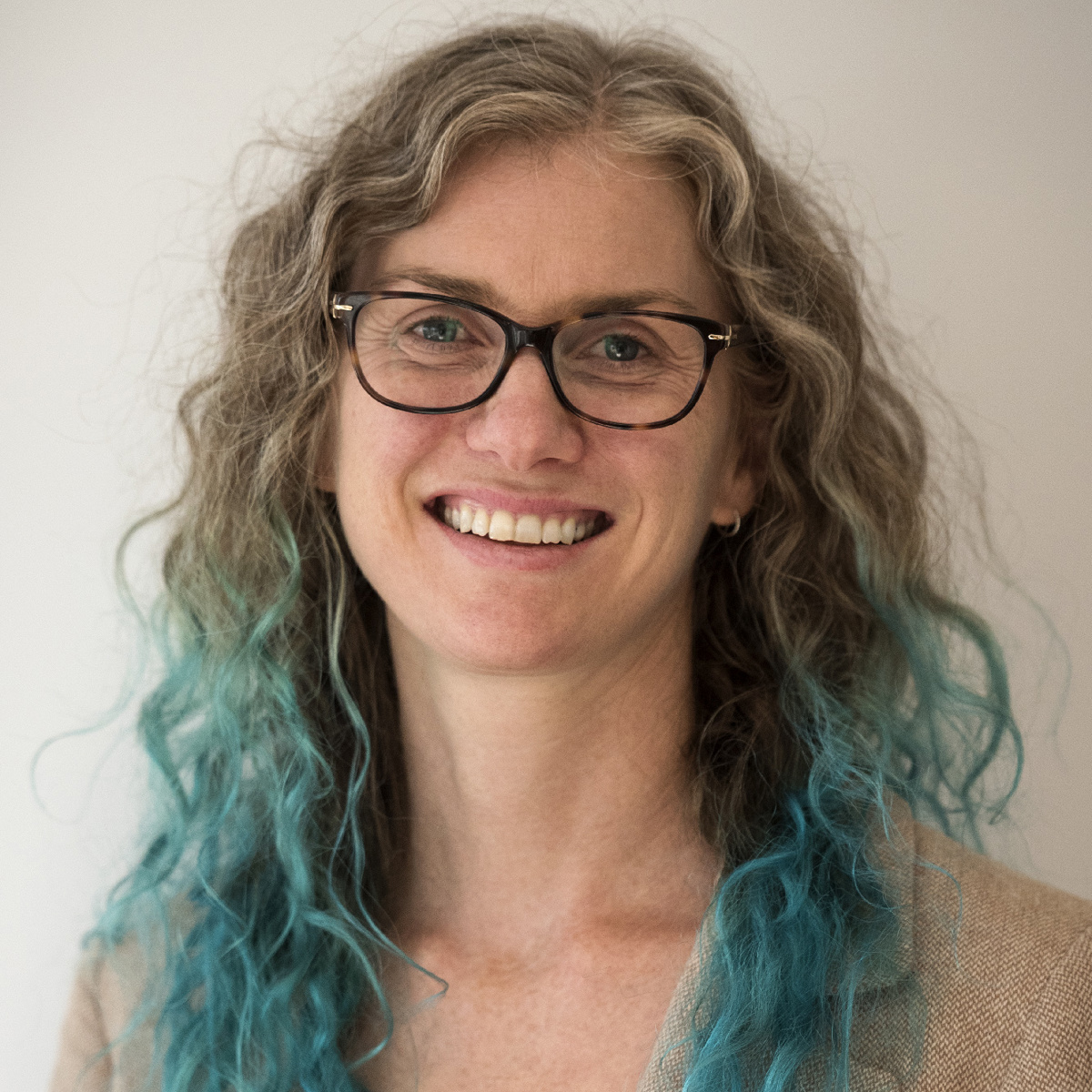
Lucy Richardson
Monash University, Australia
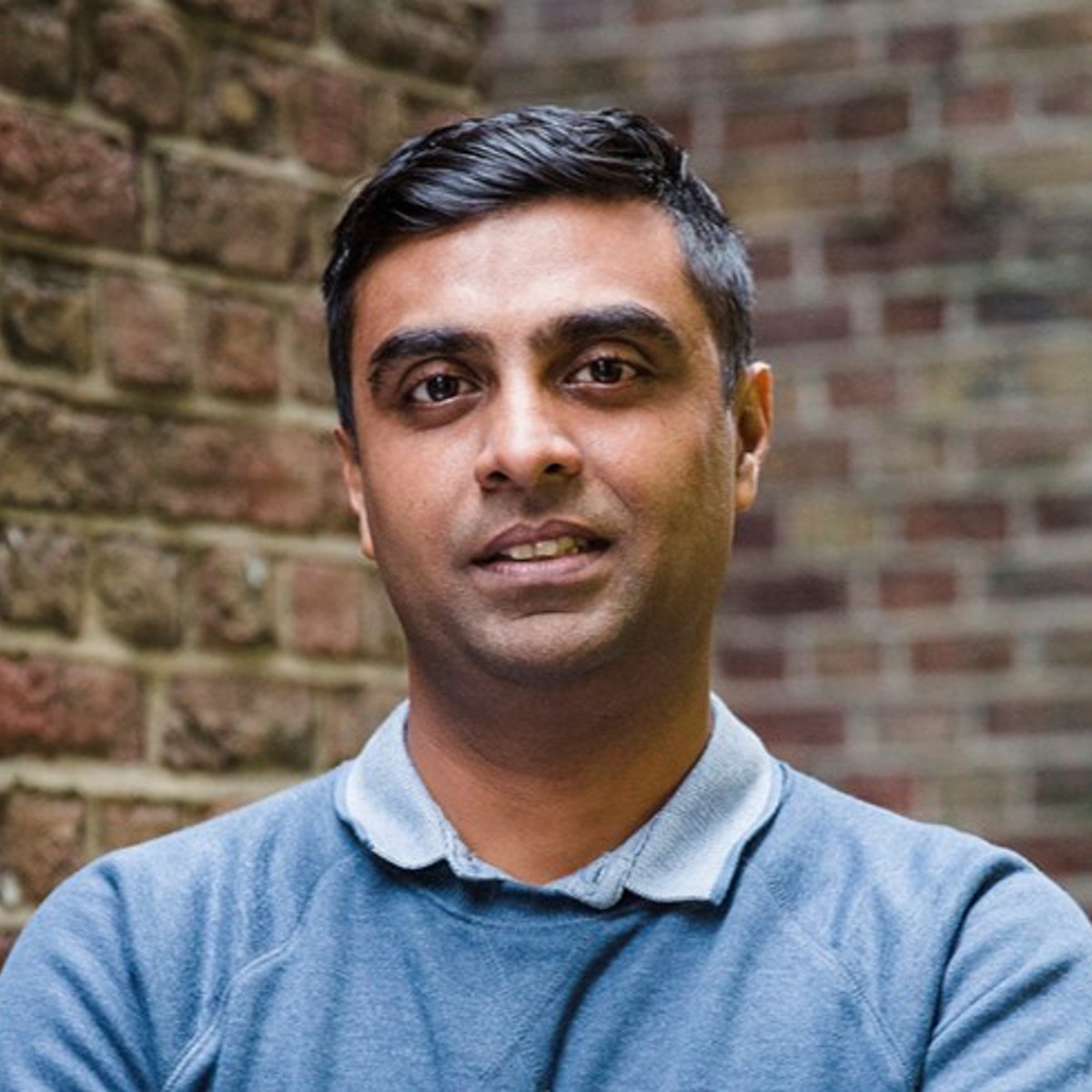
Mahendra Gooroochurn
University of Mauritius
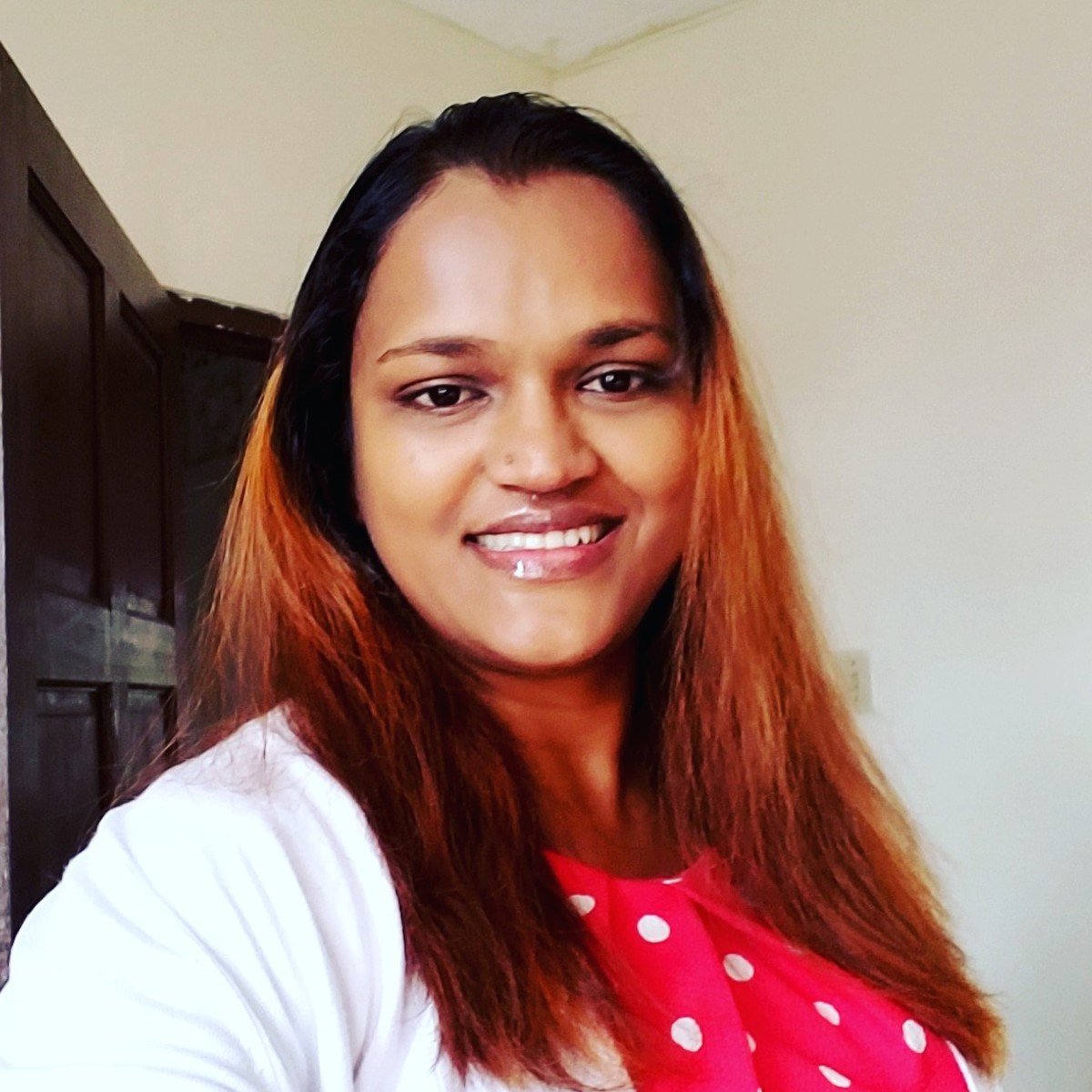
Marium Alleyne
University of the West Indies, Cave Hill Campus, Barbados
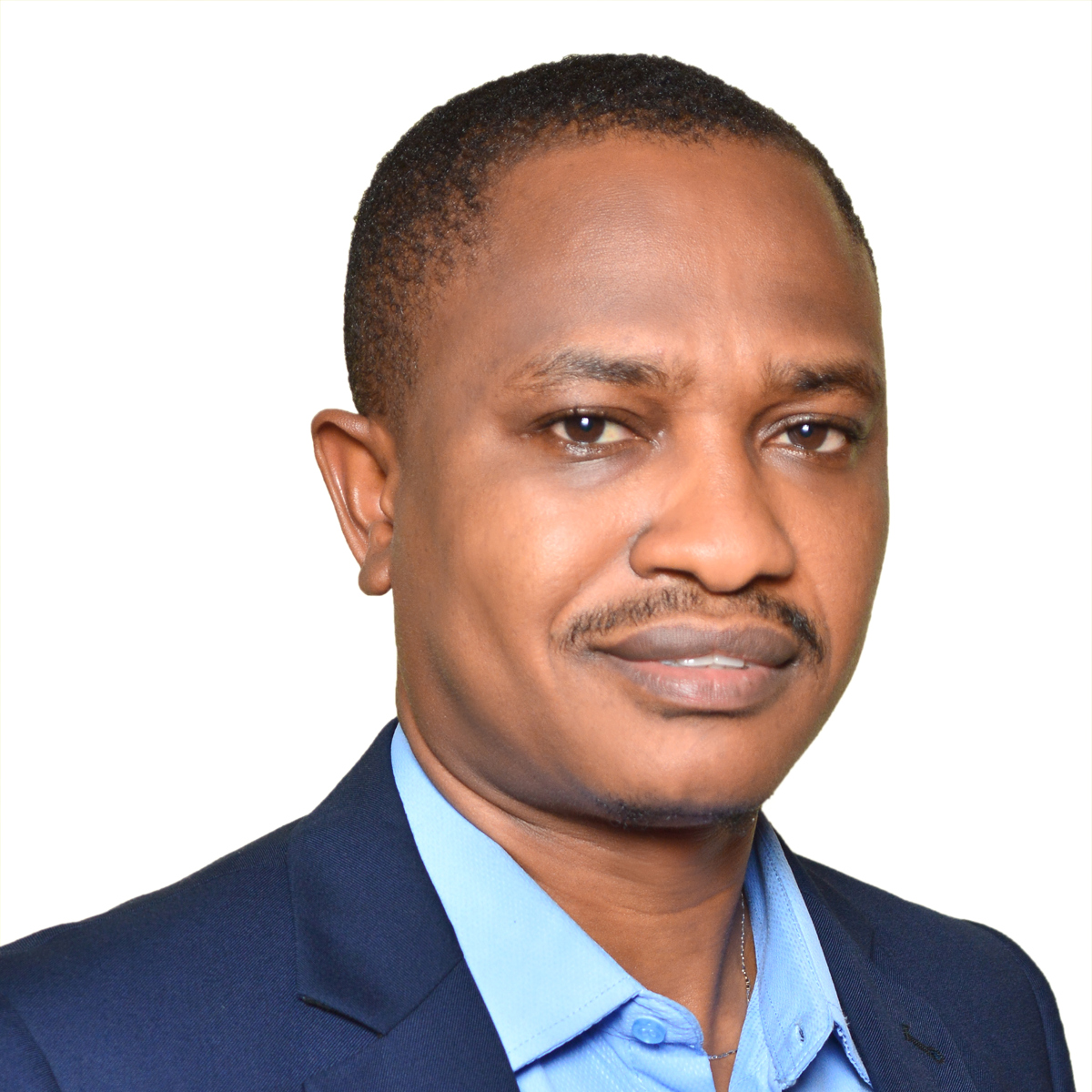
Ogheneruona Endurance Diemuodeke
University of Port Harcourt, Nigeria
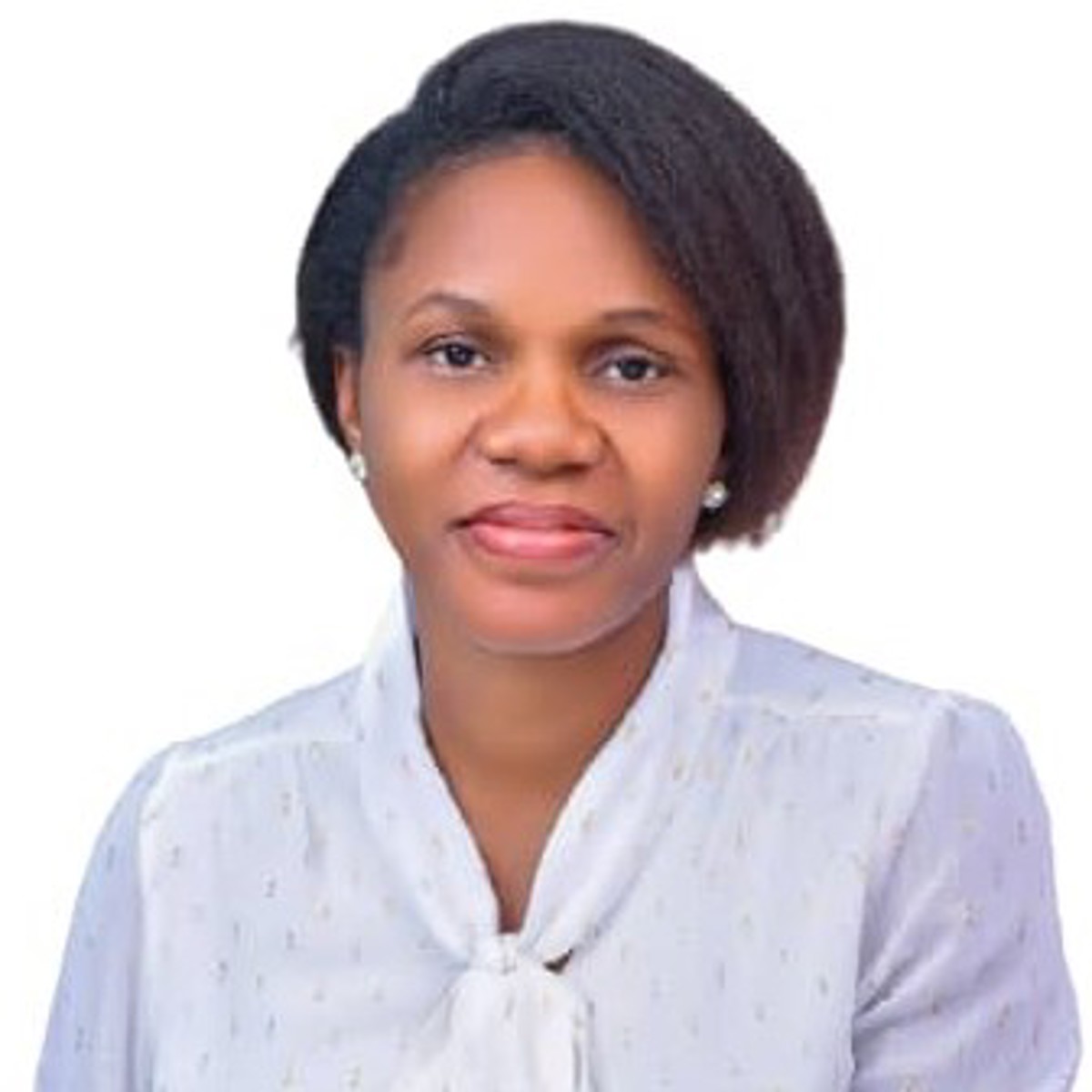
Olujumoke Adesola Ogunrayi
University of Cape Coast, Ghana
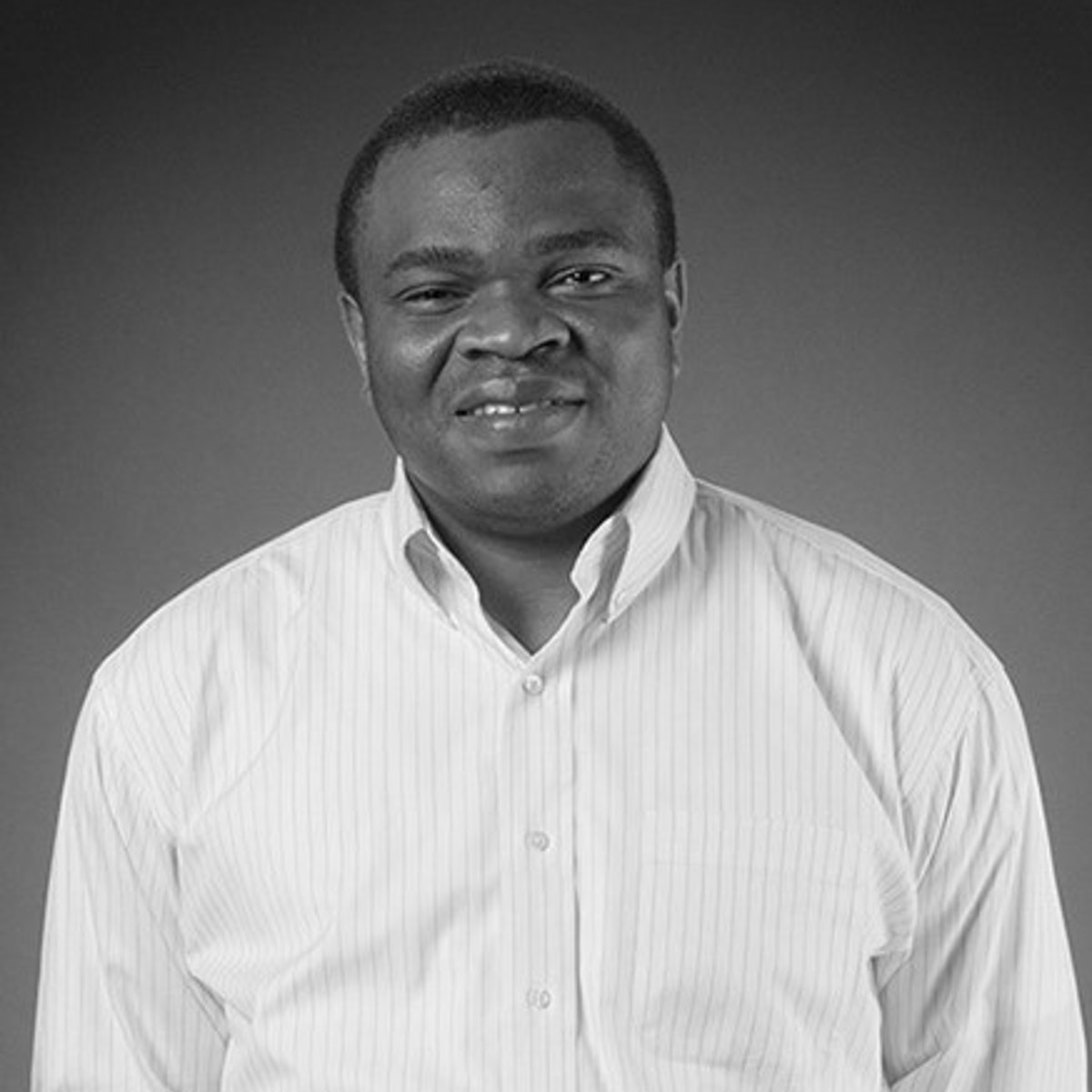
Olumuyiwa Bayode Adegun
Federal University of Technology Akure, Nigeria
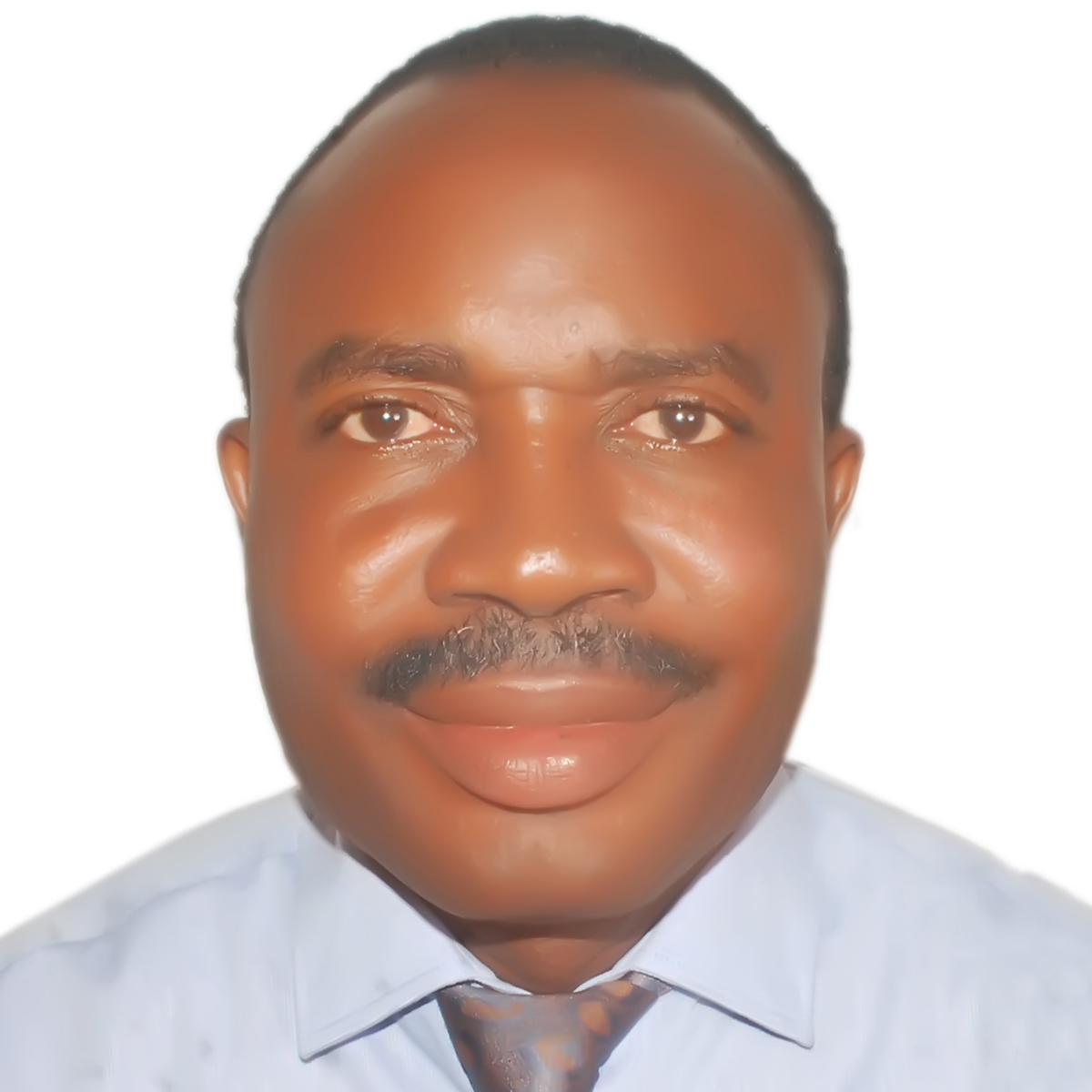
Oyediran Olusegun Oyebola
University of Ibadan, Nigeria
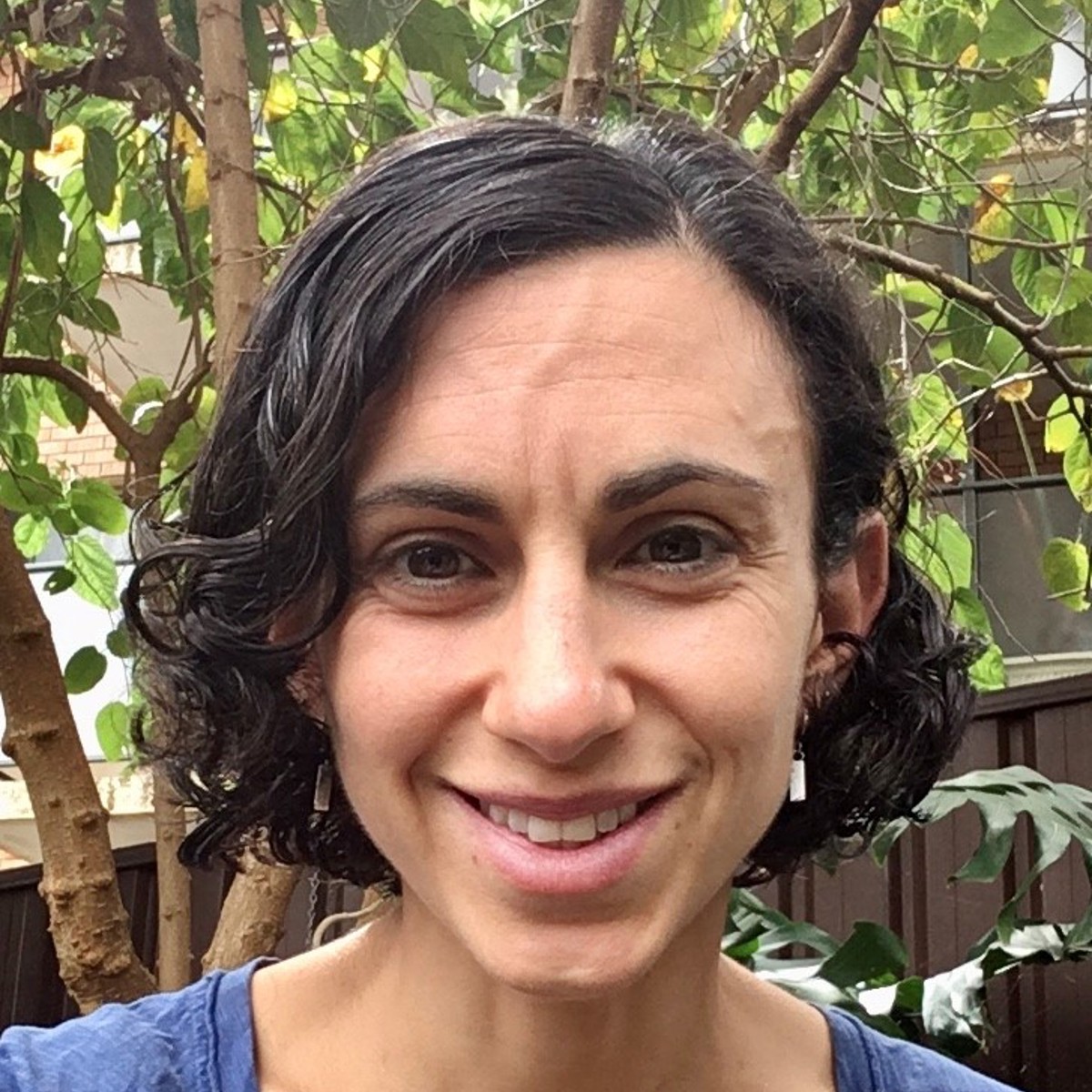
Rachel Sarah Friedman
Australian National University
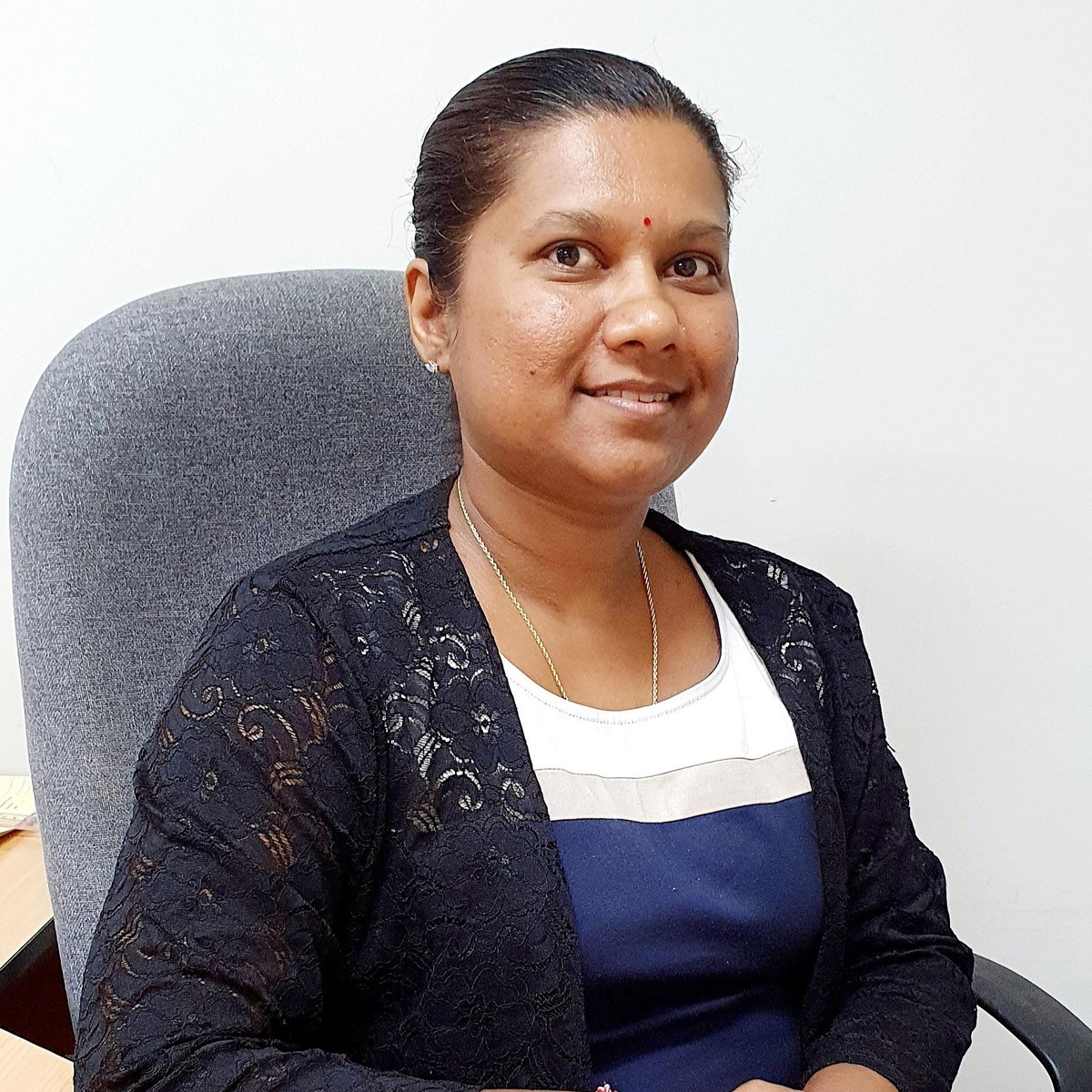
Ravita Devi Prasad
Fiji National University
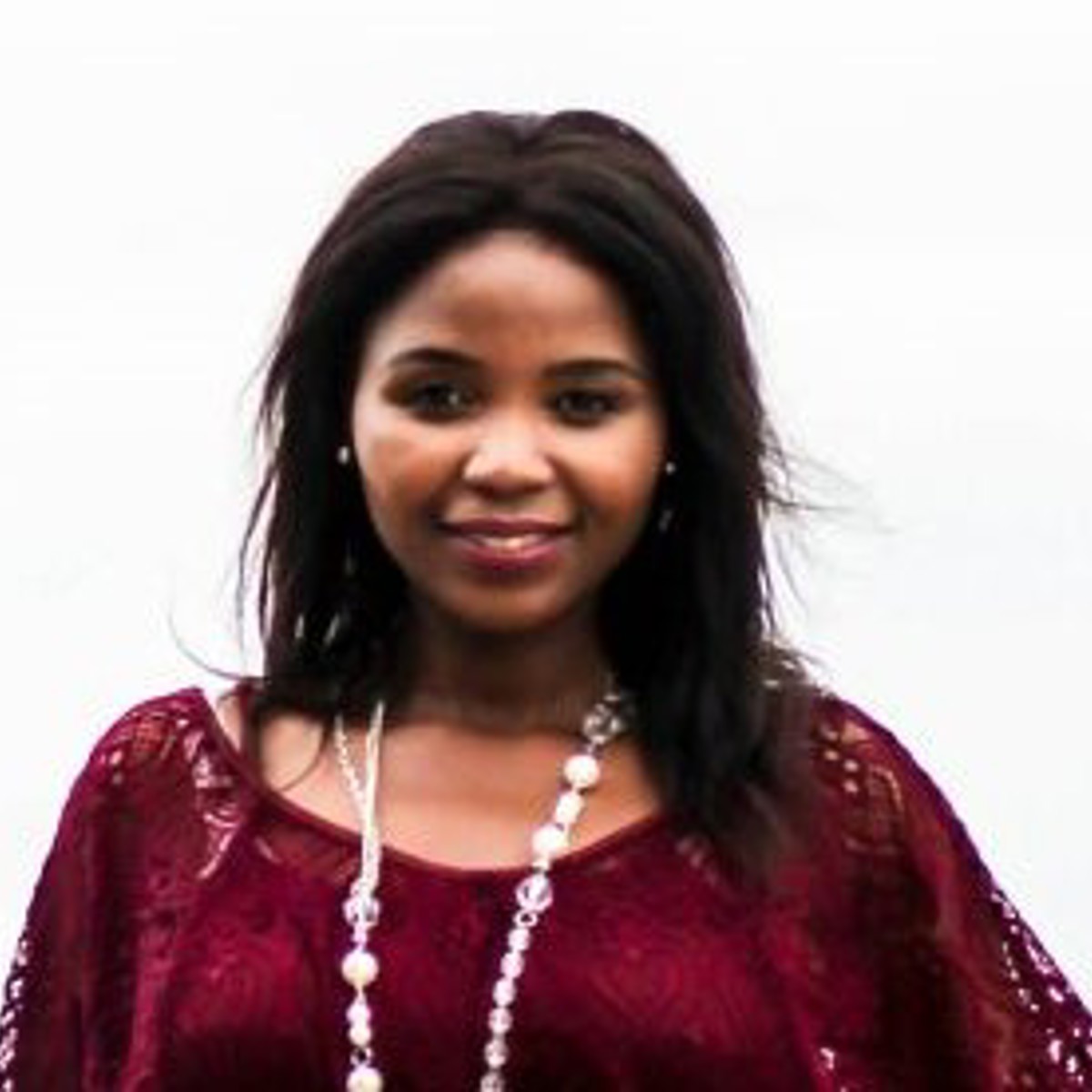
Refilwe Precious Mofokeng
University of KwauZulu-Natal, South Africa

Rufino Varea
University of the South Pacific, Fiji
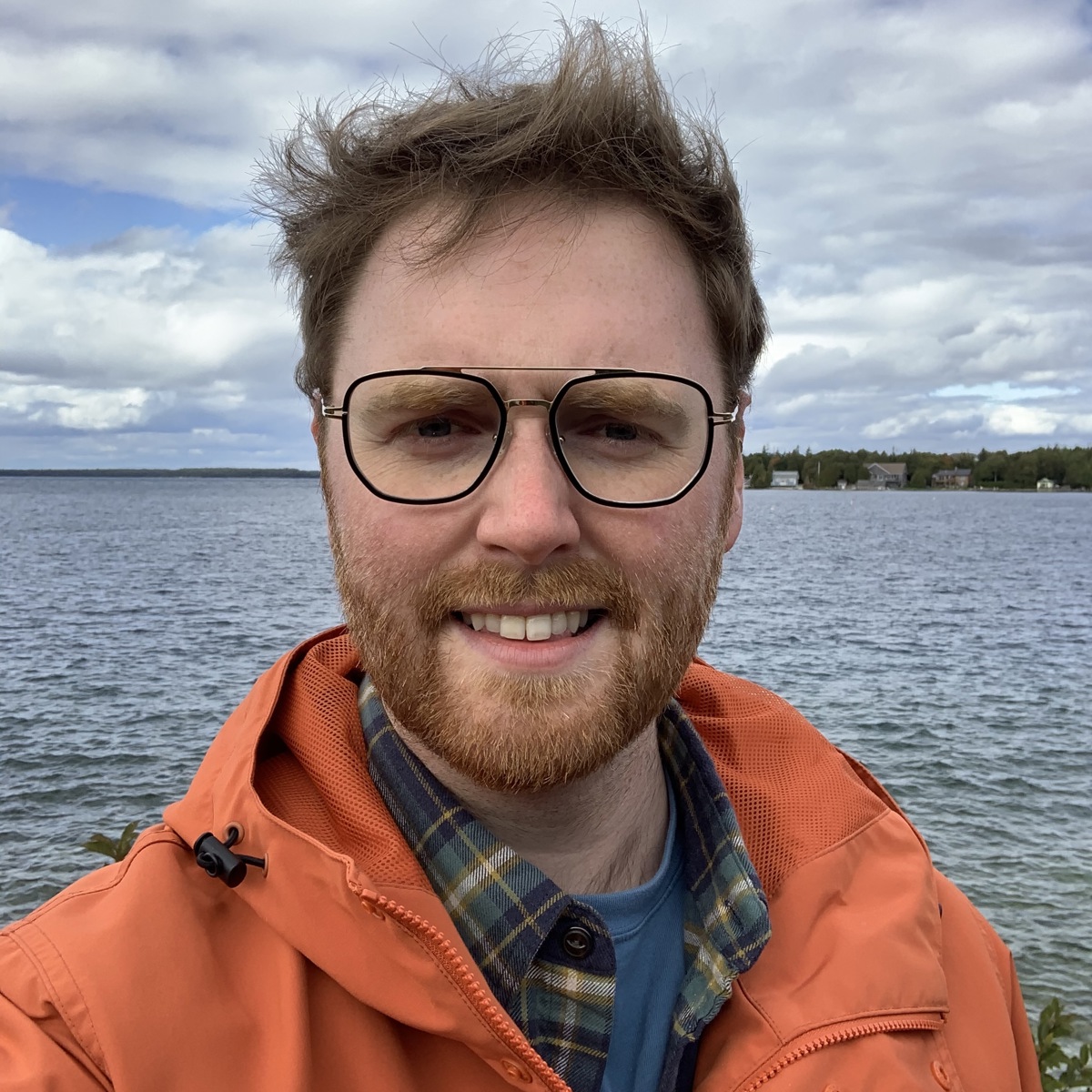
Scott J. Davidson
University of Waterloo, Canada
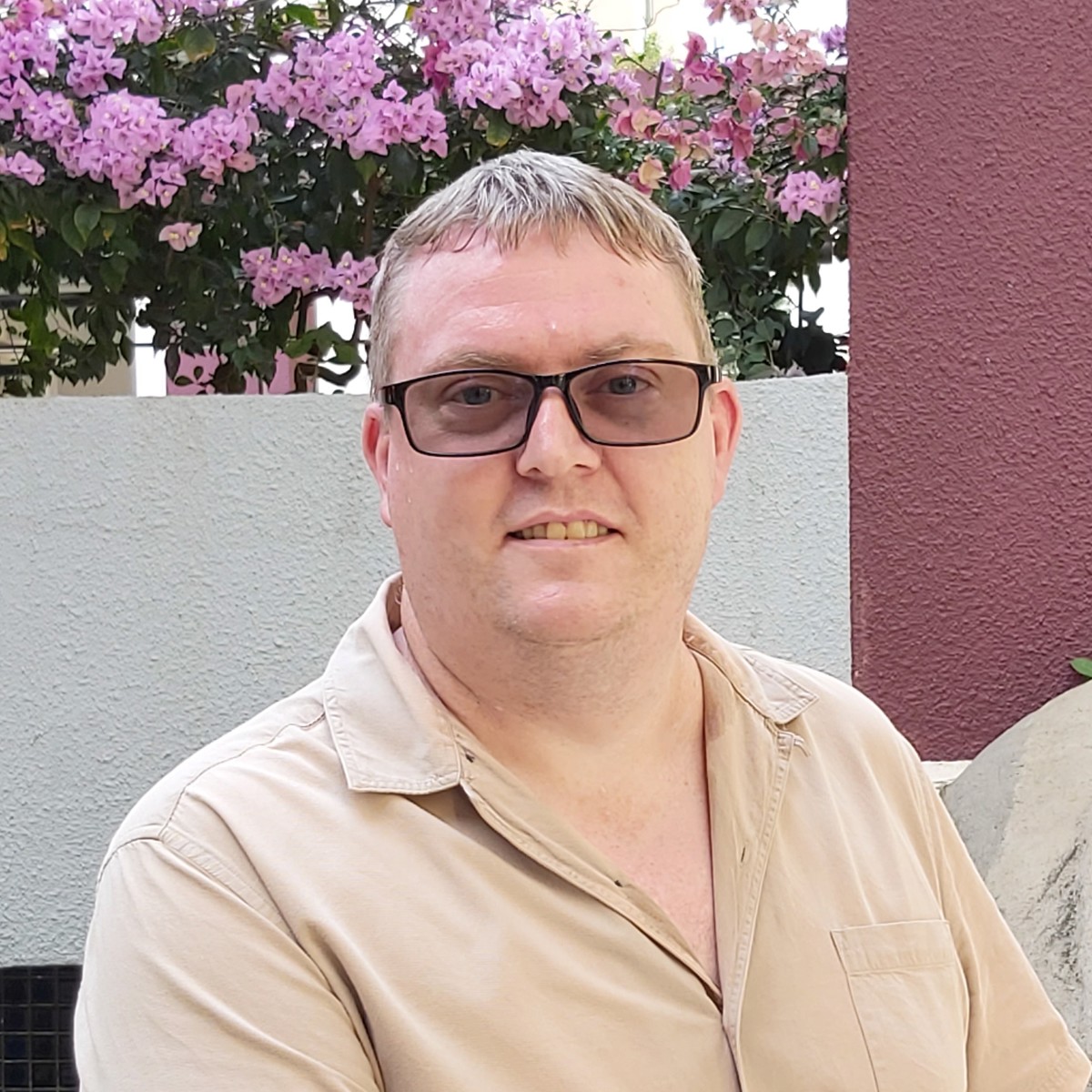
Stephen Summers
Nanyang Technological University, Singapore
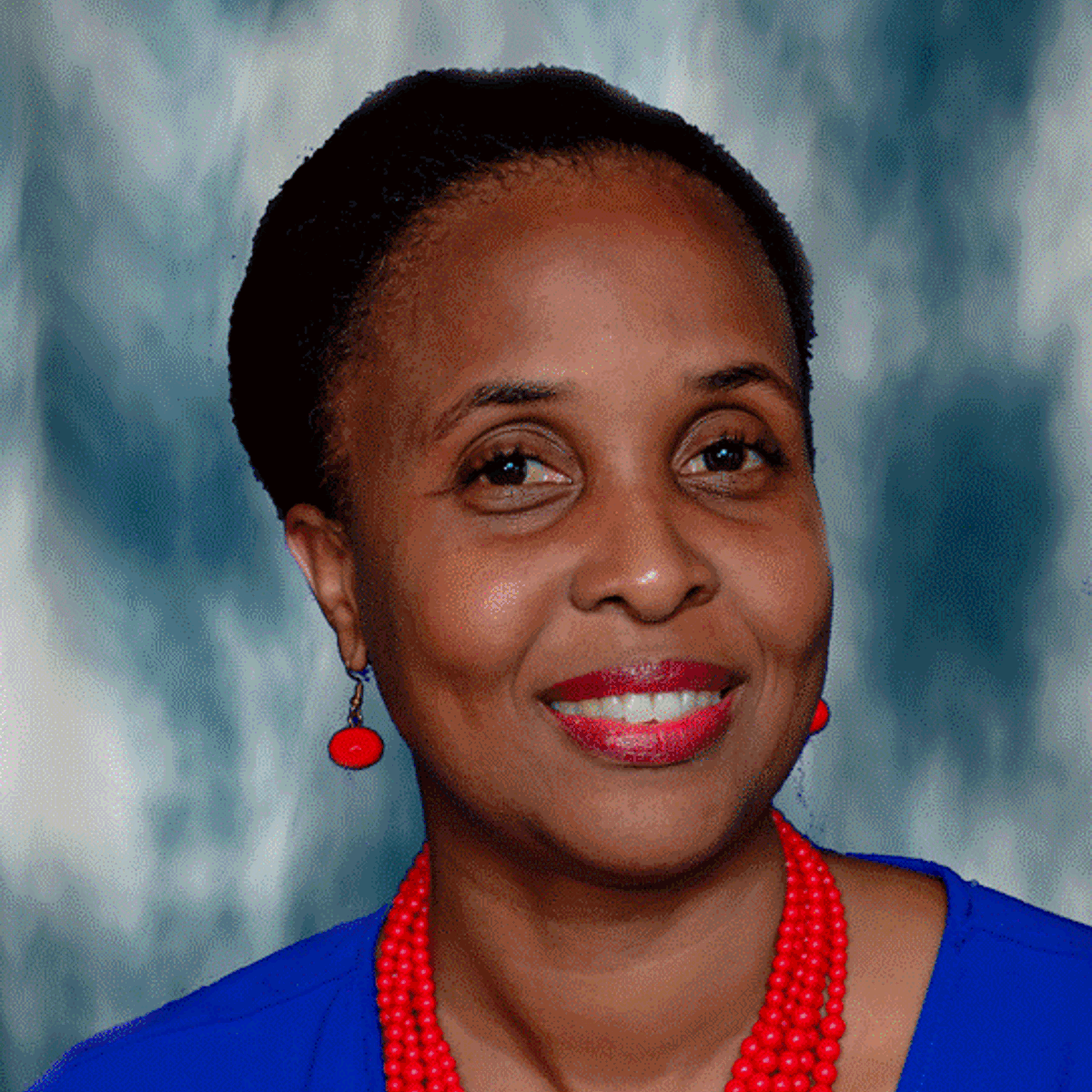
Tracy-Ann Nicole Hyman
University of the West Indies, Mona Campus, Jamaica
